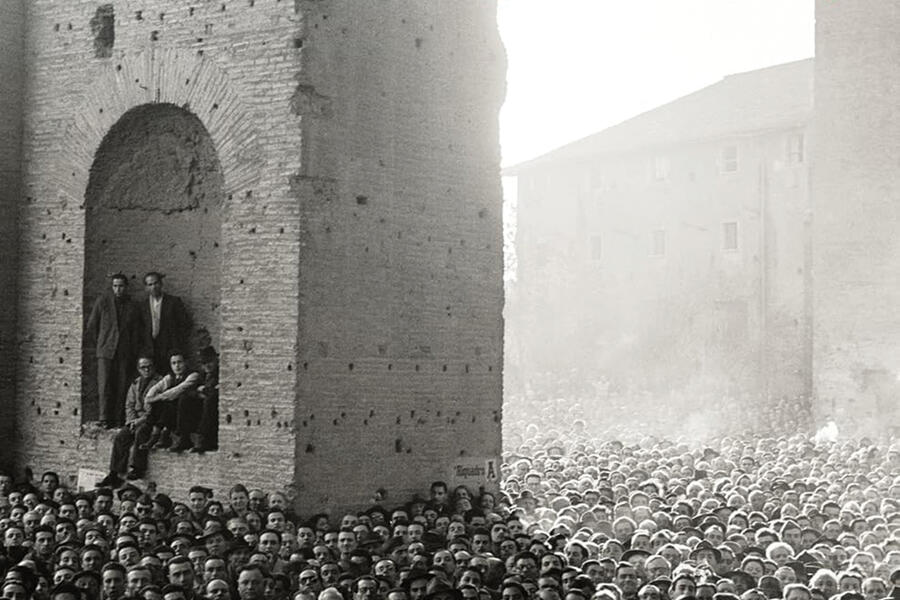My SAIS Europe colleague Mark Gilbert has written a splendid book on Italy's painful transition from fascism, through war, to democracy in the years 1943 to 1954. Italy Reborn is a lucid, detailed, well-documented political narrative. The key personalities stand out in high relief, but one dominates: Alcide De Gasperi, Christian Democrat prime minister from 1945 to 1954 and overseer of the birth of the new democratic constitution of 1947, still in force to this day.
The book's first part, titled "Humiliation," covers the crucial phase of the armed resistance against Nazi-fascism, the first free elections, the story of the Constitutional Assembly, plus the referendum on the choice of monarchy or republic in June 1946. It also includes the peace treaty negotiations of 1946, in which the victims of fascist aggression inflicted their geopolitical revenge on the fragile post-liberation nation. On this occasion, De Gasperi established the precedent of not apologizing for any of fascism's imperialist actions in the Mediterranean or alongside Hitler.
View this post on Instagram
From this phase emerged key contradictions in the life of the nation that persist in some form: the vast socioeconomic gap between north and south, the vulnerability of Italy to shifts in the geopolitical context, the centrality of political parties to governance and the instability of governments, and the political ambiguity of the Resistance heritage, including the persistence of far-right impulses that today wish to contest that legacy by revising that "anti- fascist" constitution. When the Cold War started, Italy was a key battleground dominated by two broad churches (Gilbert's emphasis), with the left in the hands of a Communist-dominated bloc in deep thrall to Stalin and all his twists and turns.
De Gasperi's choices of Atlanticism and European integration were ferociously contested, and Gilbert leaves us with no doubt that it was the skills and tenacity of De Gasperi and even his adversaries on the left that kept the democratic boat afloat.
Posted in Voices+Opinion
Tagged sais europe, democracy








